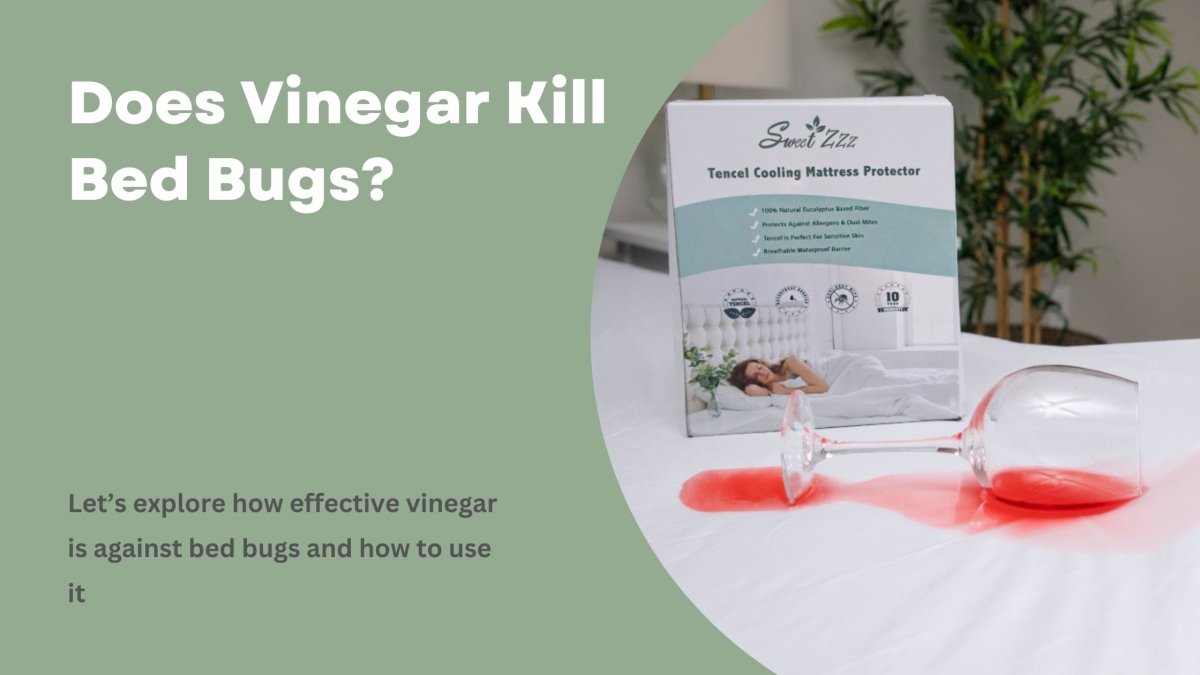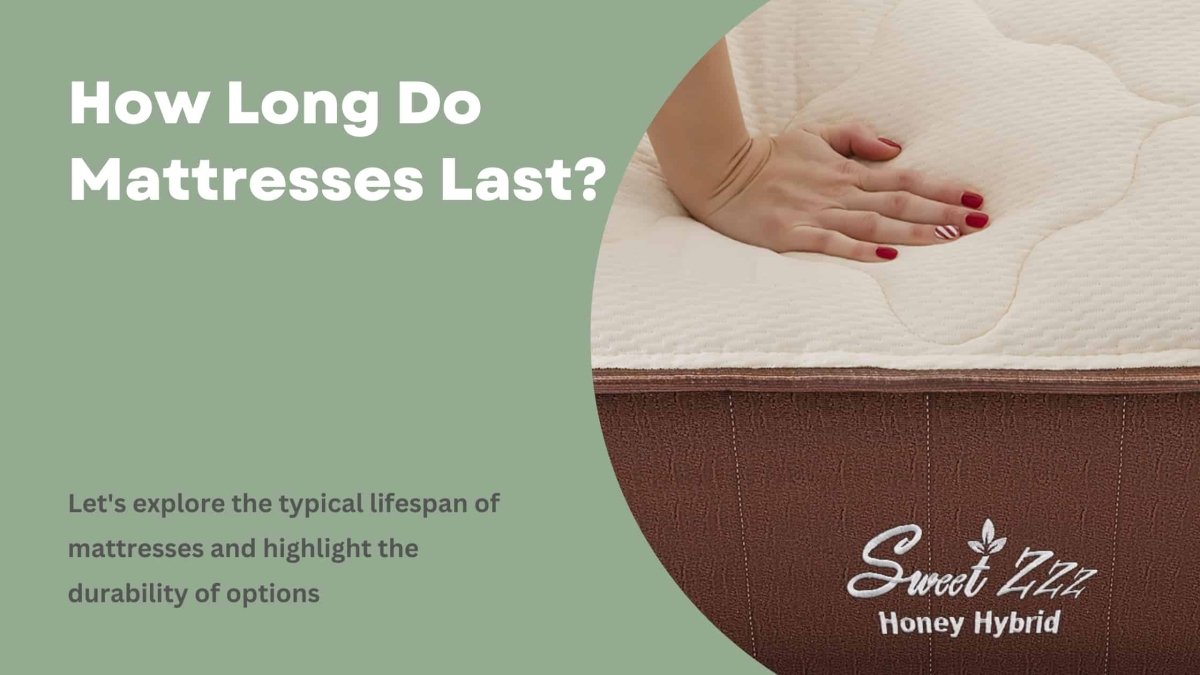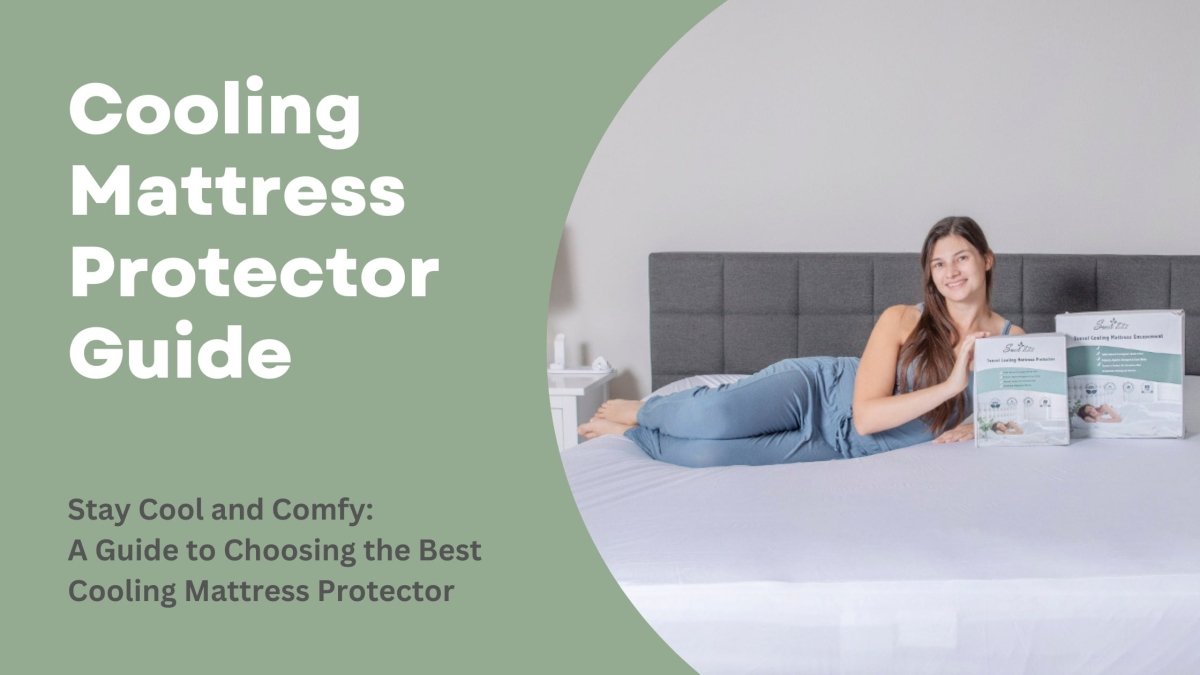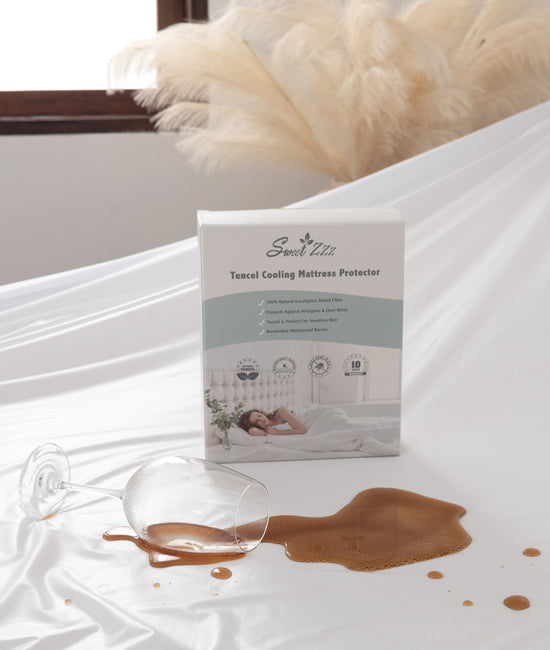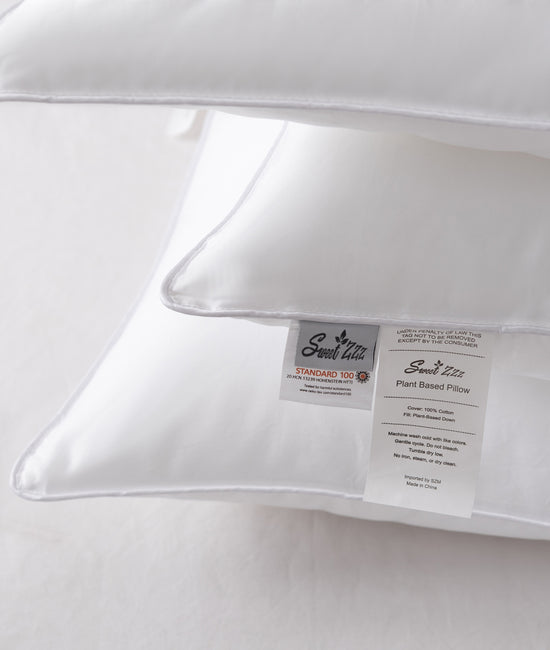Does Vinegar Kill Bed Bugs?
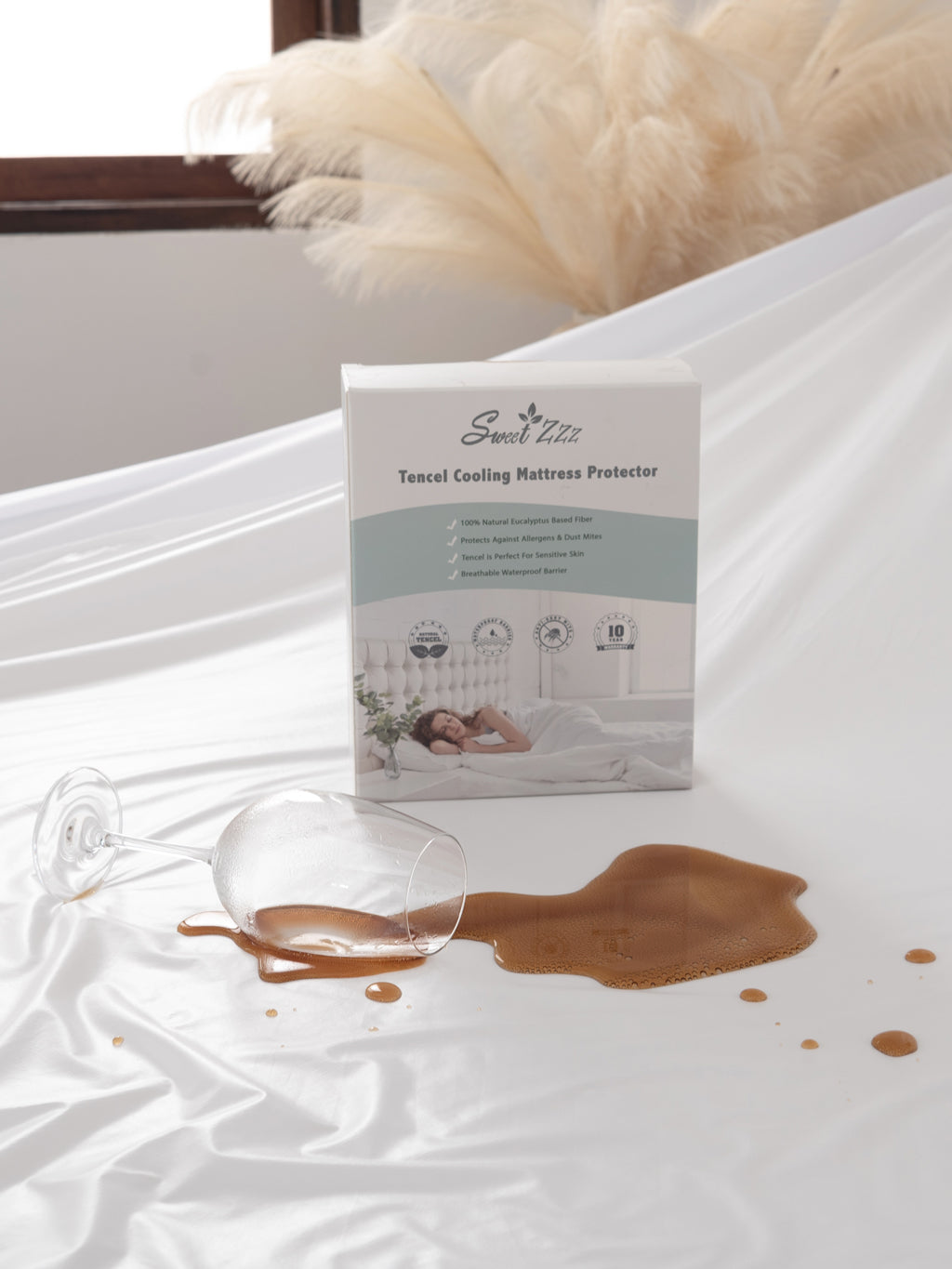
A common question in the realm of home remedies for pest control is: Does vinegar kill bed bugs? Vinegar, particularly white vinegar, is known for its acidic properties and is often touted as a natural cleaning agent. When it comes to bed bugs, a notorious nuisance in homes, people often seek easy and affordable solutions like vinegar. Let’s explore how effective vinegar is against bed bugs and how to use it.
The Efficacy of Vinegar Against Bed Bugs
Vinegar, due to its acidic nature, can indeed kill bed bugs on contact. The acetic acid in vinegar is strong enough to disrupt the nervous system of these pests. However, there are important limitations to consider:
- Contact Only: Vinegar is only effective if it directly contacts the bed bug. This means you must spray it directly on the bugs for it to work.
- Eggs Unaffected: Vinegar can kill adult bed bugs and nymphs but is ineffective against their eggs. This means a vinegar treatment won't eradicate a bed bug infestation completely, as new bugs can hatch from unaffected eggs.
- Not a Complete Solution: Given that vinegar doesn't kill bed bug eggs and only works on direct contact, it should not be considered a complete solution for a bed bug infestation.
How to Use Vinegar for Bed Bugs
If you choose to use vinegar as part of your bed bug control strategy, here’s how to do it:
- Prepare the Solution: Fill a spray bottle with white vinegar, preferably in its undiluted form for maximum strength.
- Locate Infested Areas: Look for areas where bed bugs hide, such as mattress seams, bed frames, furniture, and cracks in walls.
- Spray Directly: Spray the vinegar directly onto any bed bugs you see. Be thorough and check hidden and dark areas where they might be lurking.
- Repeat Regularly: Since vinegar doesn’t kill bed bug eggs, you’ll need to repeat the process regularly to catch new bugs that have hatched.
Precautions and Additional Measures
While using vinegar, keep these points in mind:
- Odor: Vinegar has a strong smell that can be unpleasant. Ventilate the area well after application.
- Surface Safety: Test the vinegar on a small area first, as it can damage certain surfaces or fabrics.
- Complementary Methods: Combine vinegar treatment with other methods, such as thorough cleaning, using bed bug covers for mattresses.
Conclusion
While vinegar can kill bed bugs on contact, it is not a standalone solution to a bed bug infestation. Its inability to destroy eggs and the need for direct contact limit its effectiveness. For a comprehensive solution, it's often necessary to combine vinegar treatment with other methods or seek professional help, especially in the case of severe infestations.


